Reviewed by Julianne Ngirngir
Picture this: while the rest of the world celebrates Apple Watch's global achievements, Apple is quietly crafting something special just for China. We're talking about a targeted fitness push that goes way beyond your typical "close your rings" challenge.
What you need to know:
Apple is planning another National Fitness Day challenge exclusively for Chinese Apple Watch users, requiring just 20 minutes of exercise on August 8
China's fitness landscape is massive — over 500 million residents regularly participate in physical exercise
Apple was one of the only companies to grow its wearables business in China in 2022, posting 22% growth
August 8 was designated as National Fitness Day to commemorate the Beijing Olympics opening
These data points reveal a calculated strategy. Apple's doubling down on a market where health challenges carry serious cultural weight—and the timing connects directly to China's national fitness infrastructure investments.
The stakes are higher than you think
Here's the kicker: China isn't just another market for Apple — it's a proving ground where Greater China revenue hit $74 billion in 2024, despite facing headwinds from local competition and regulatory challenges.
The health angle creates compelling strategic opportunity. Cardiovascular disease-related deaths in China increased by 48% between 2005 and 2020, according to Chinese health authorities. That cardiovascular health crisis creates more than a public health challenge—it represents a massive market opportunity for preventive technology.
Apple's response? Make fitness accessible with ridiculously simple challenges. The National Fitness Day challenge asks users to complete just 20 minutes of any workout — recordable through the Workout app or any health-connected app. Complete it, and you'll unlock custom sticker packs and a virtual trophy that can only be earned during this specific window.
Apple's timing aligns perfectly with market recovery signals. China's wrist-worn market is expected to hit 62.5 million units in 2025, up 3.2% year-over-year after contracting 9.3% in 2022. Apple's betting that localized health initiatives will help them capture more of that recovering growth.
What makes this challenge different
Unlike Apple's global fitness pushes, this one taps into something uniquely Chinese. National Fitness Day carries official government backing, with plans for full coverage of 15-minute fitness circles by 2025 — essentially ensuring every Chinese citizen has access to fitness facilities within a 15-minute radius.
The challenge mechanics are deliberately accessible. Users need to record any 20-minute workout on August 8 to earn the special achievement. No complex ring-closing requirements, no multi-day commitments — just show up and move.
That accessibility strategy creates competitive differentiation in a market where Apple's smartphone share sits at 15% while facing intense pressure from domestic competitors. Health and fitness represent a differentiation opportunity that's harder for local brands to replicate at Apple's integration level.
The digital rewards become more than fitness achievements—they're cultural status symbols. These virtual trophies viewable in the Fitness app plus animated stickers for iMessage and FaceTime create social currency. In China's socially-connected digital ecosystem, displaying participation in nationally-backed initiatives carries weight that transcends typical Apple bragging rights.
The bigger picture for Apple's China strategy
This fitness play represents something larger than a single challenge. Apple's been making strategic concessions to maintain its Chinese market position, including a reported $275 billion commitment to support Chinese manufacturing and technology initiatives.
That massive commitment reveals Apple's recognition that success in China requires alignment with national priorities. Health initiatives offer a particularly attractive alignment opportunity—they demonstrate local commitment while avoiding the regulatory scrutiny that hampers AI features like ChatGPT integration.
The timing aligns perfectly with China's push to establish a national fitness intelligent sports system supporting data management for projects as large as 10PB — the kind of scale that requires sophisticated wearable integration. The fourteenth Five-Year Plan for National Health specifically calls for "deepening the integration of sports and health" as part of the Healthy China strategy.
Apple's positioning itself as a technology partner in that national health mission rather than just another foreign tech company seeking market access. Research shows that people who consistently close their Activity rings are 48% less likely to experience poor sleep quality and 73% less likely to have elevated resting heart rates. That's the kind of preventive health data that directly supports China's healthcare modernization goals.
What this means for your Apple Watch experience
Even if you're not in China, these regional challenges signal Apple's commitment to localized health programming. The company's been testing different challenge formats — from Global Close Your Rings Day to Running Day challenges — to see what drives the most engagement across different markets.
The 20-minute format represents a significant accessibility evolution from Apple's typical "close all three rings" approach. It removes barriers for beginners while creating meaningful habit formation opportunities. This single-day commitment eliminates the intimidation factor that longer challenges sometimes create, potentially becoming a template for future global initiatives.
PRO TIP: Watch for Apple to expand region-specific health challenges that address local health priorities. The success metrics from China's simplified format could influence how Apple designs challenges for markets dealing with different health crises—like stress management in high-pressure work cultures or seasonal depression in Nordic countries.
Regional testing grounds like China often preview features that eventually reach global markets. Your next favorite Apple Watch challenge might start as a cultural experiment half a world away, then evolve into the accessibility-focused fitness programming Apple rolls out worldwide.




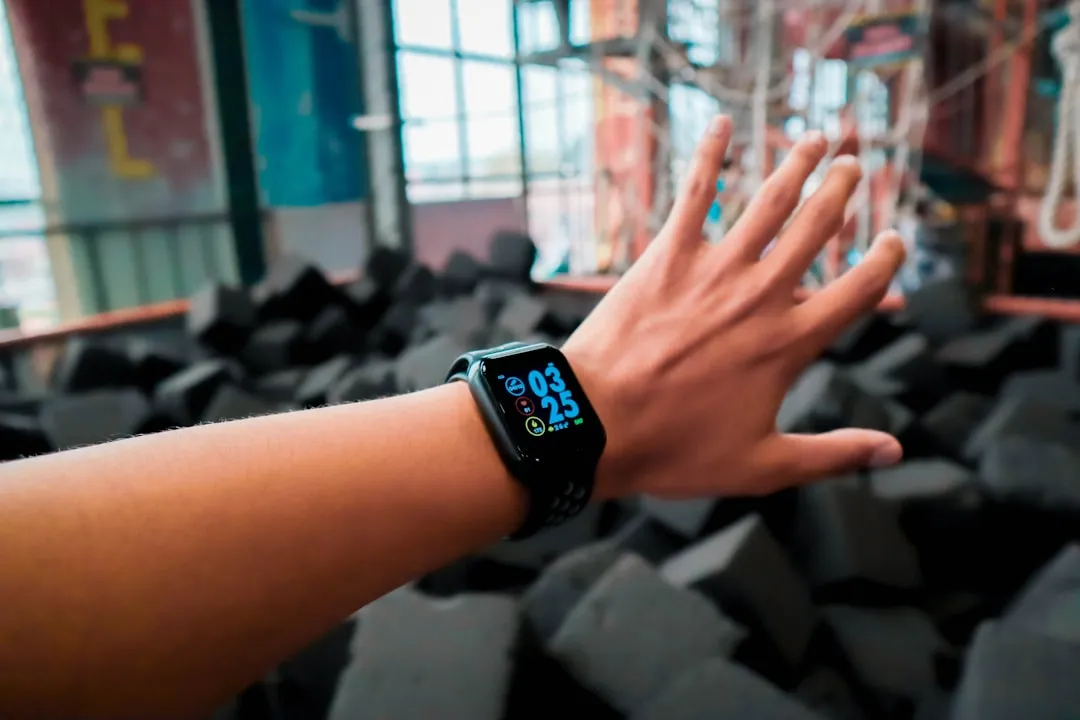
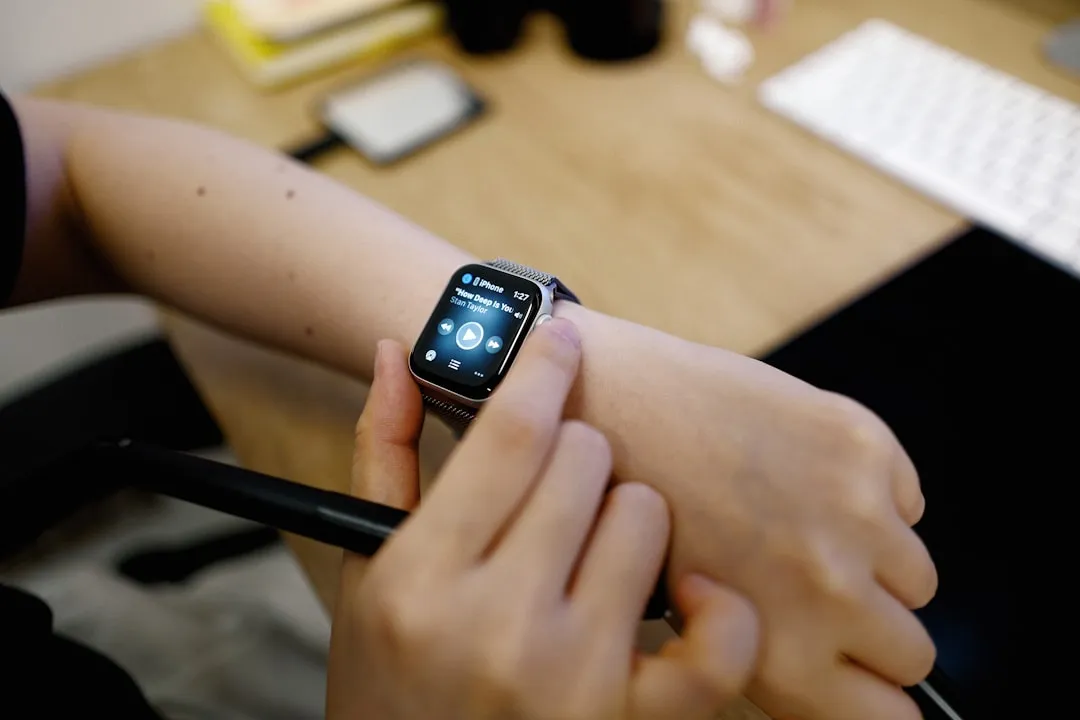
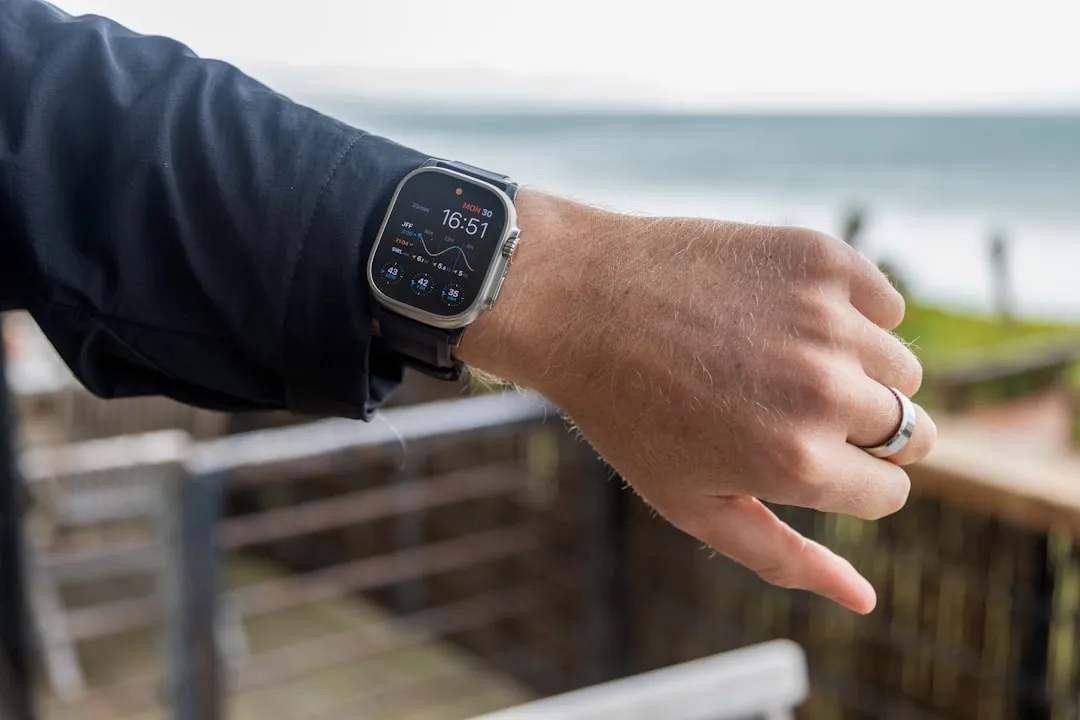
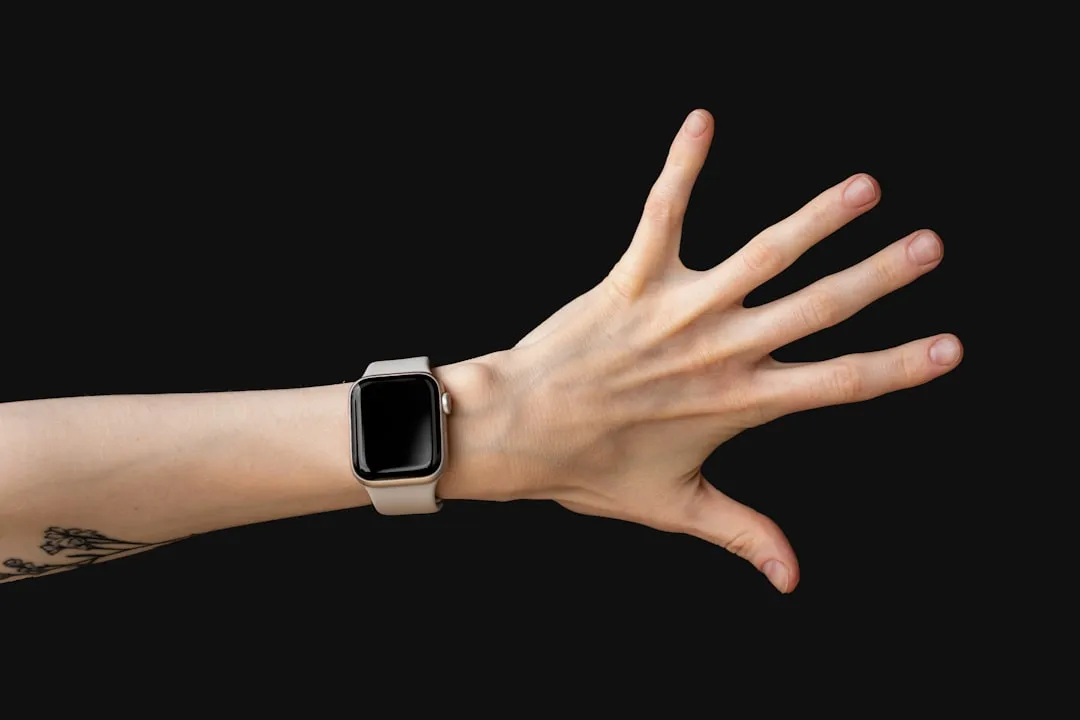
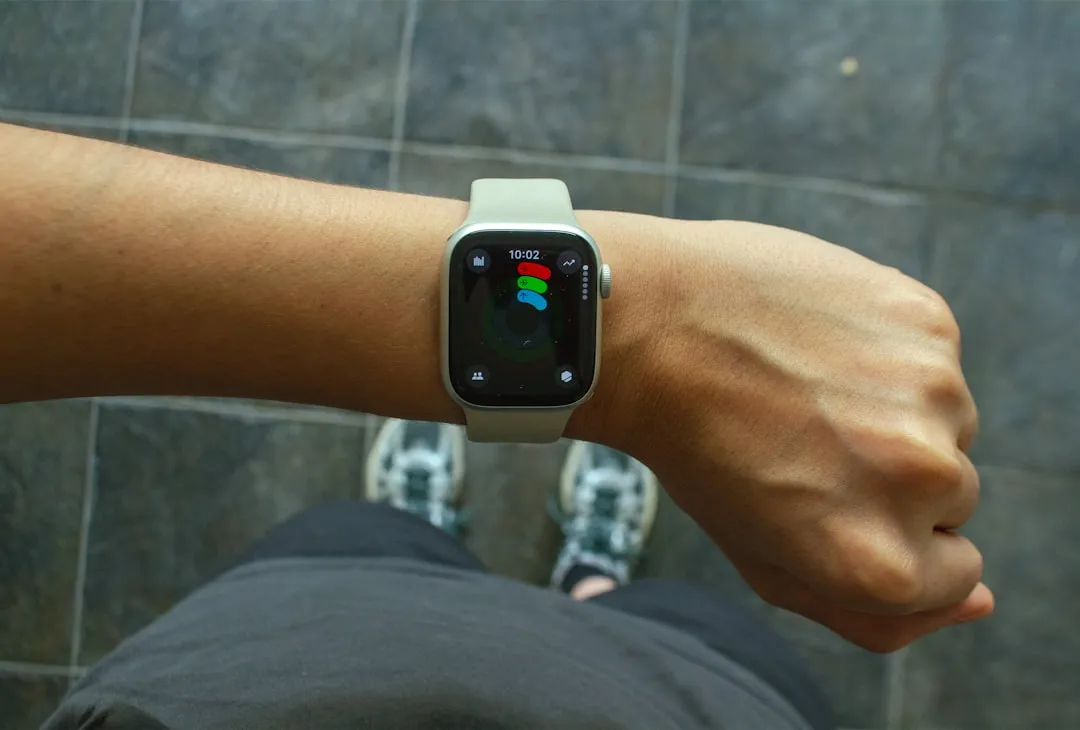
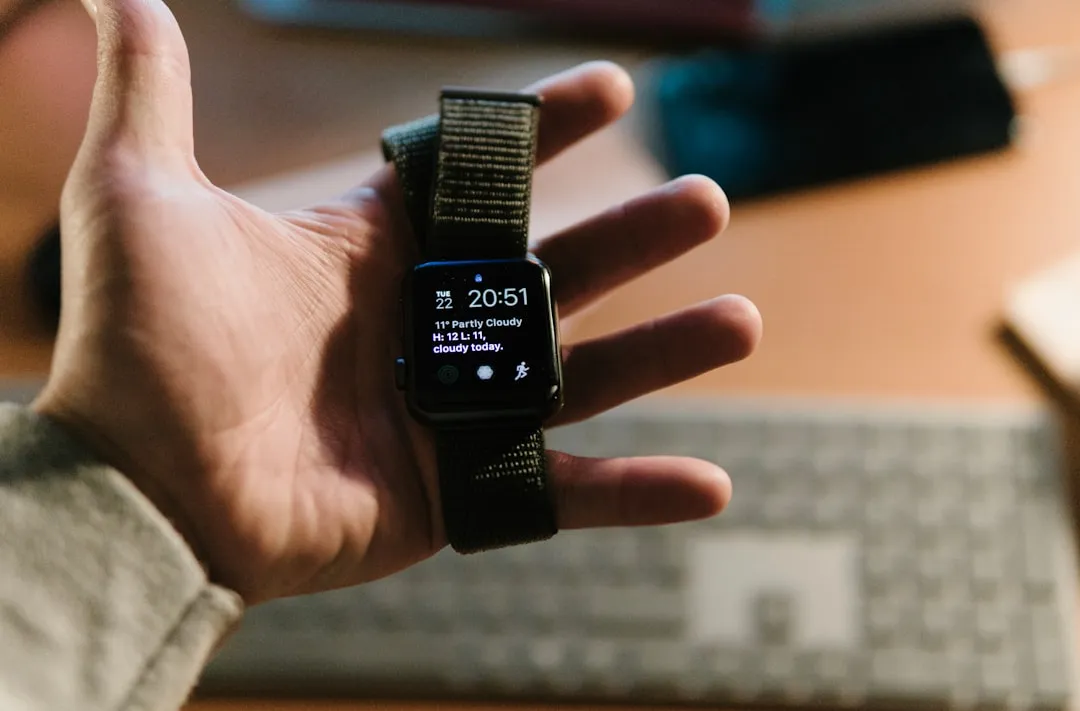
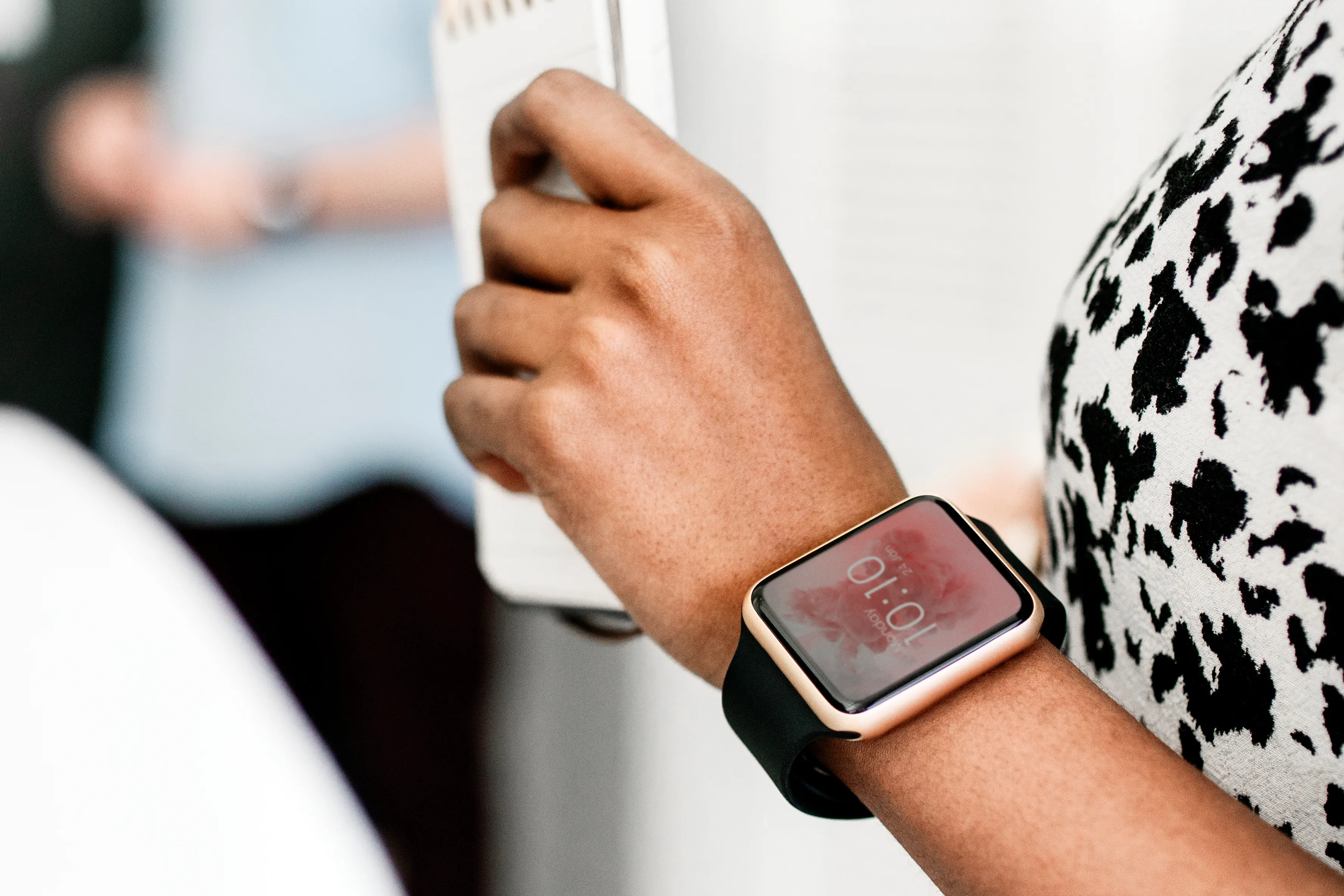
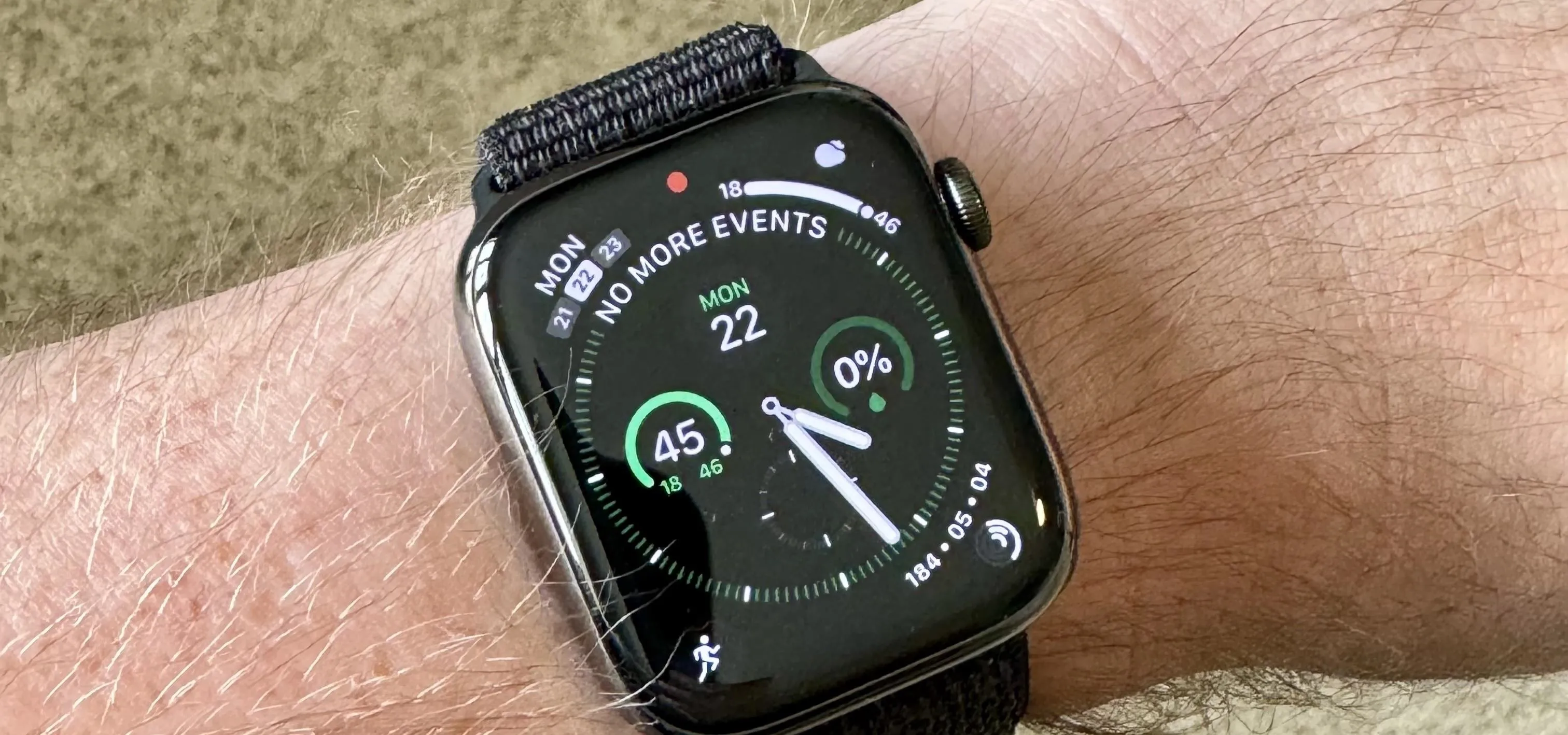
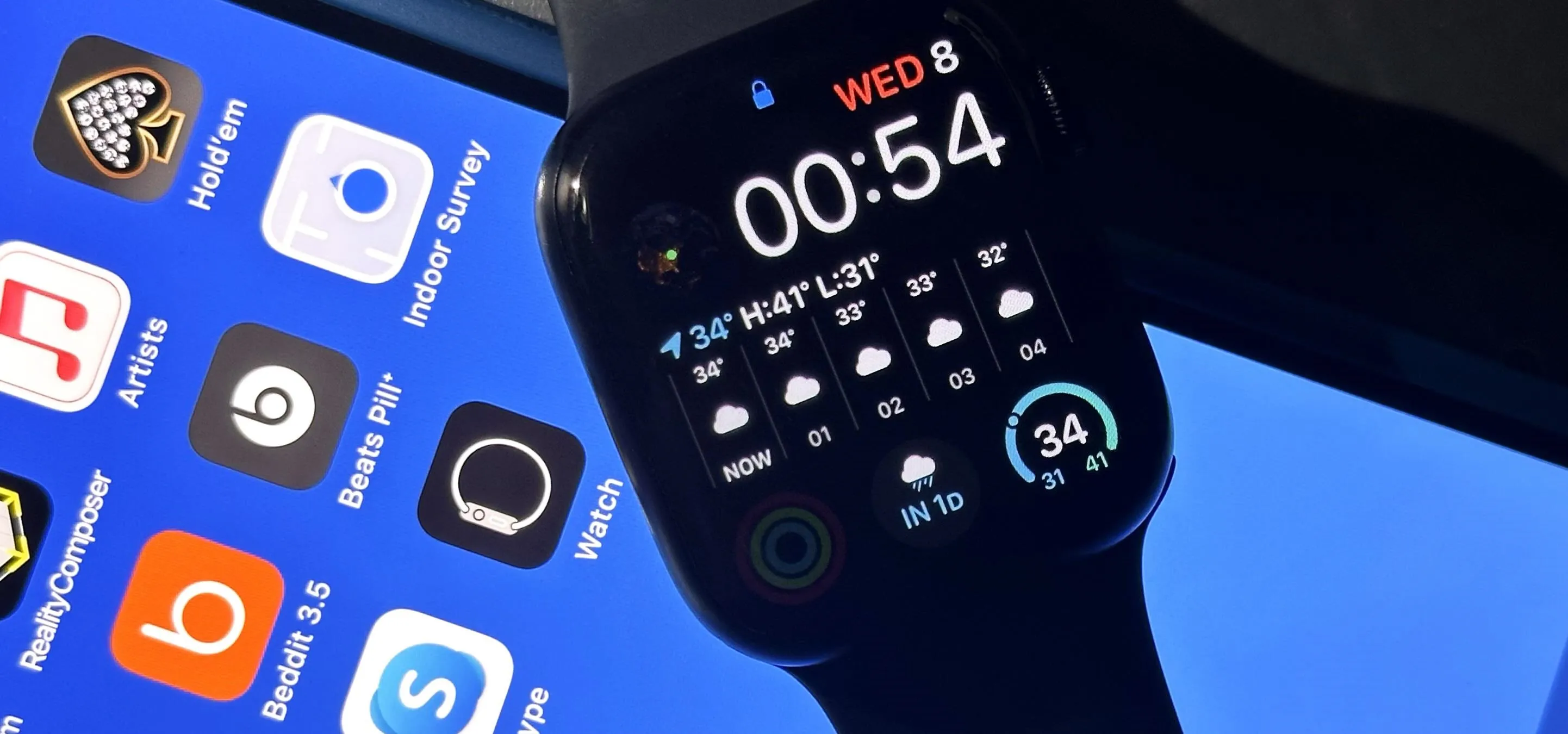
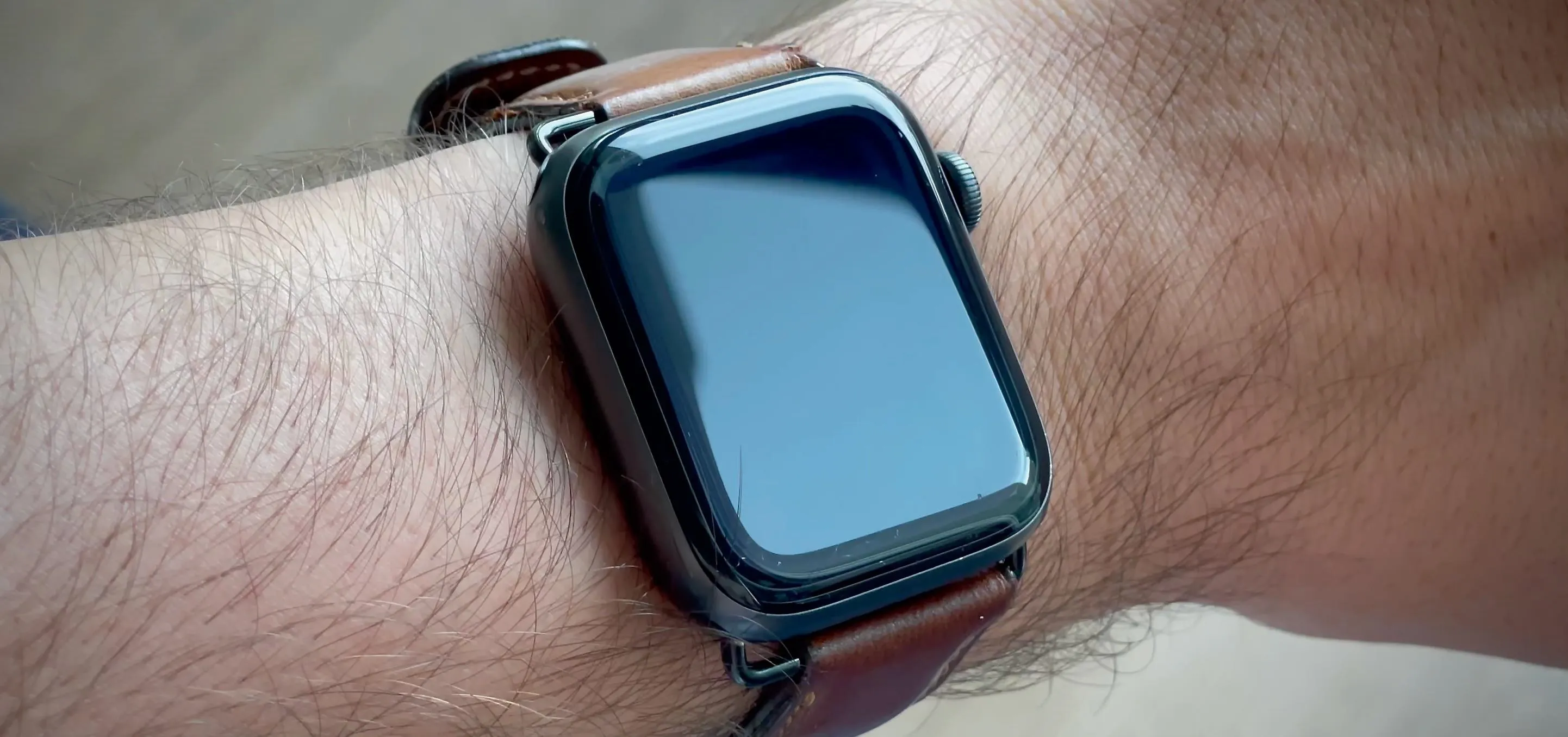
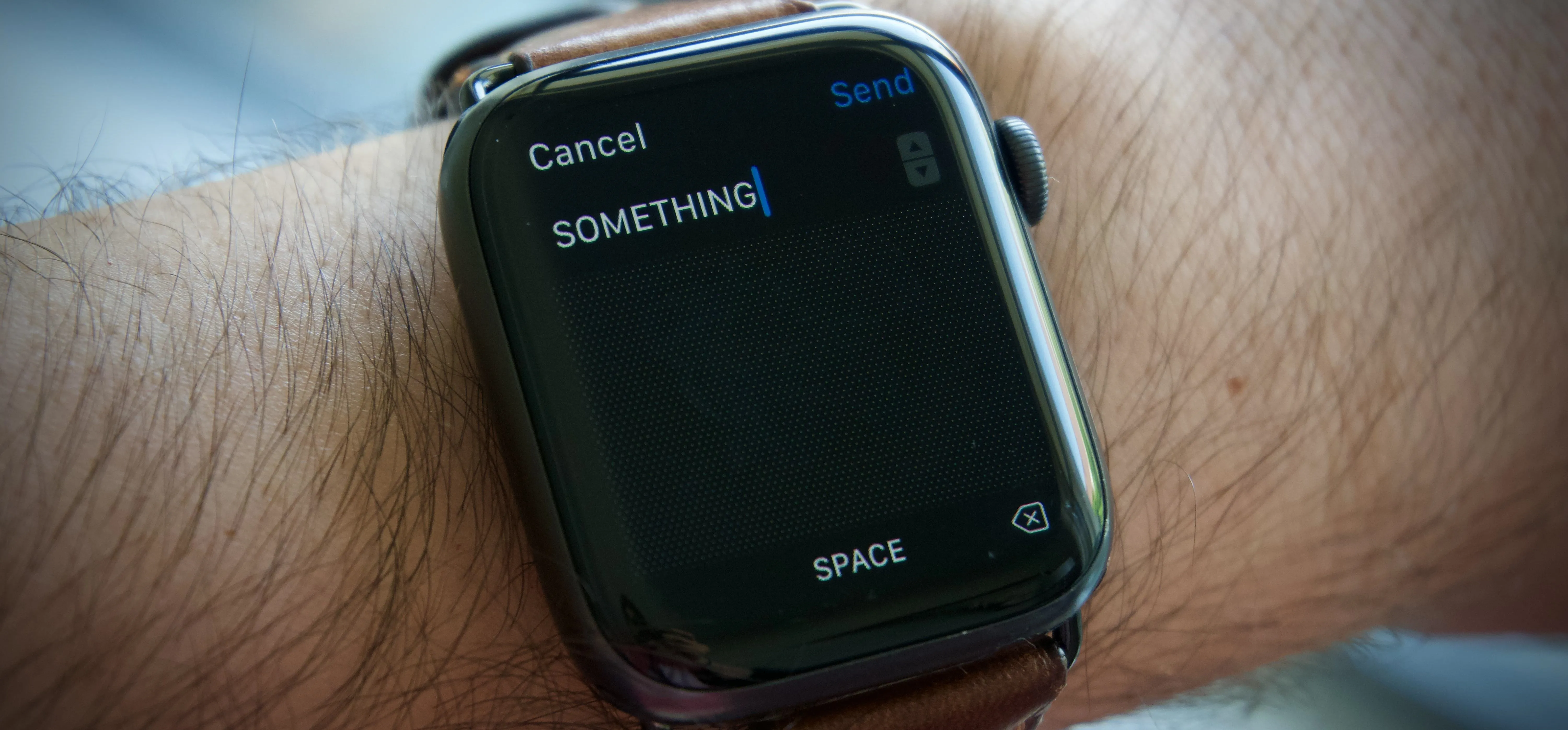
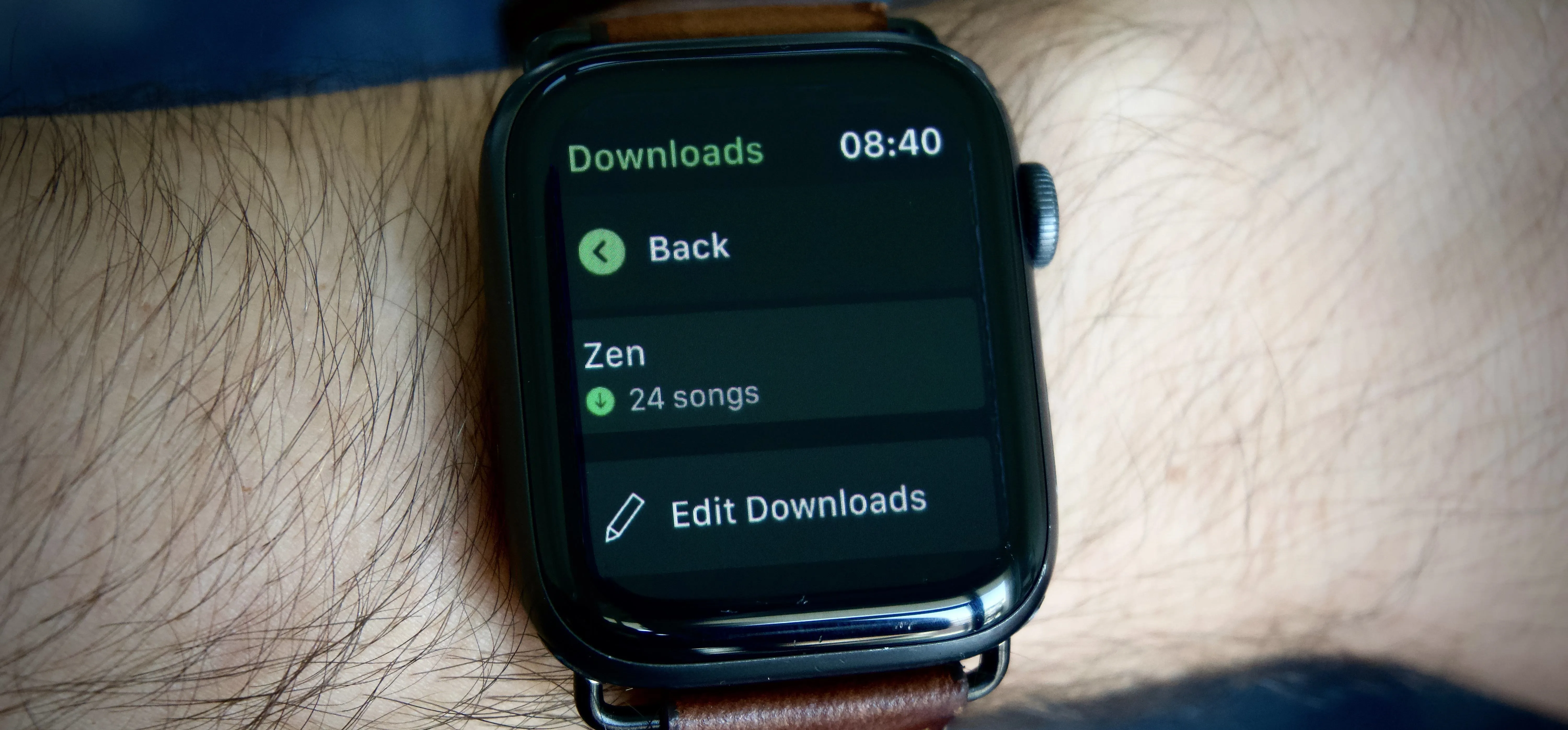
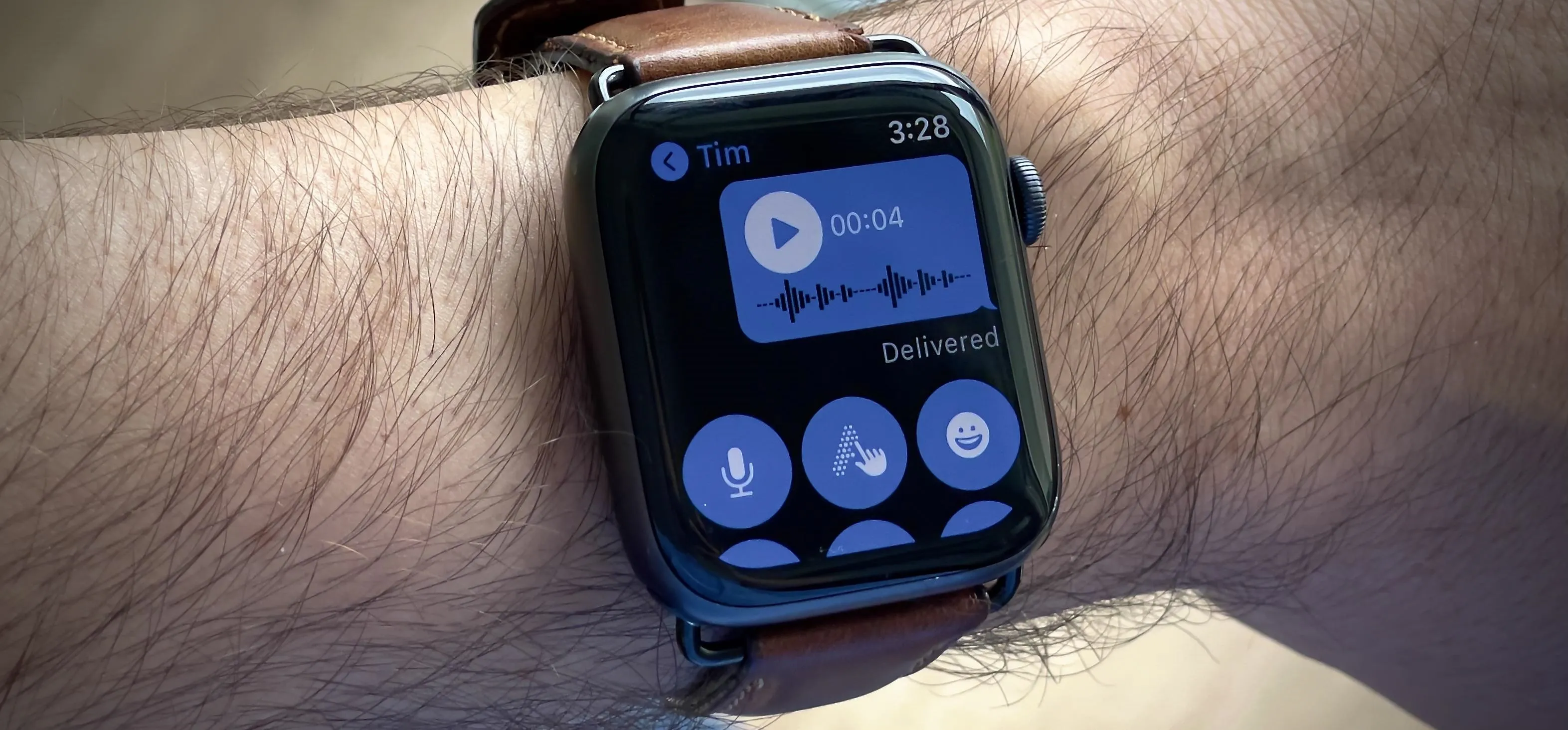
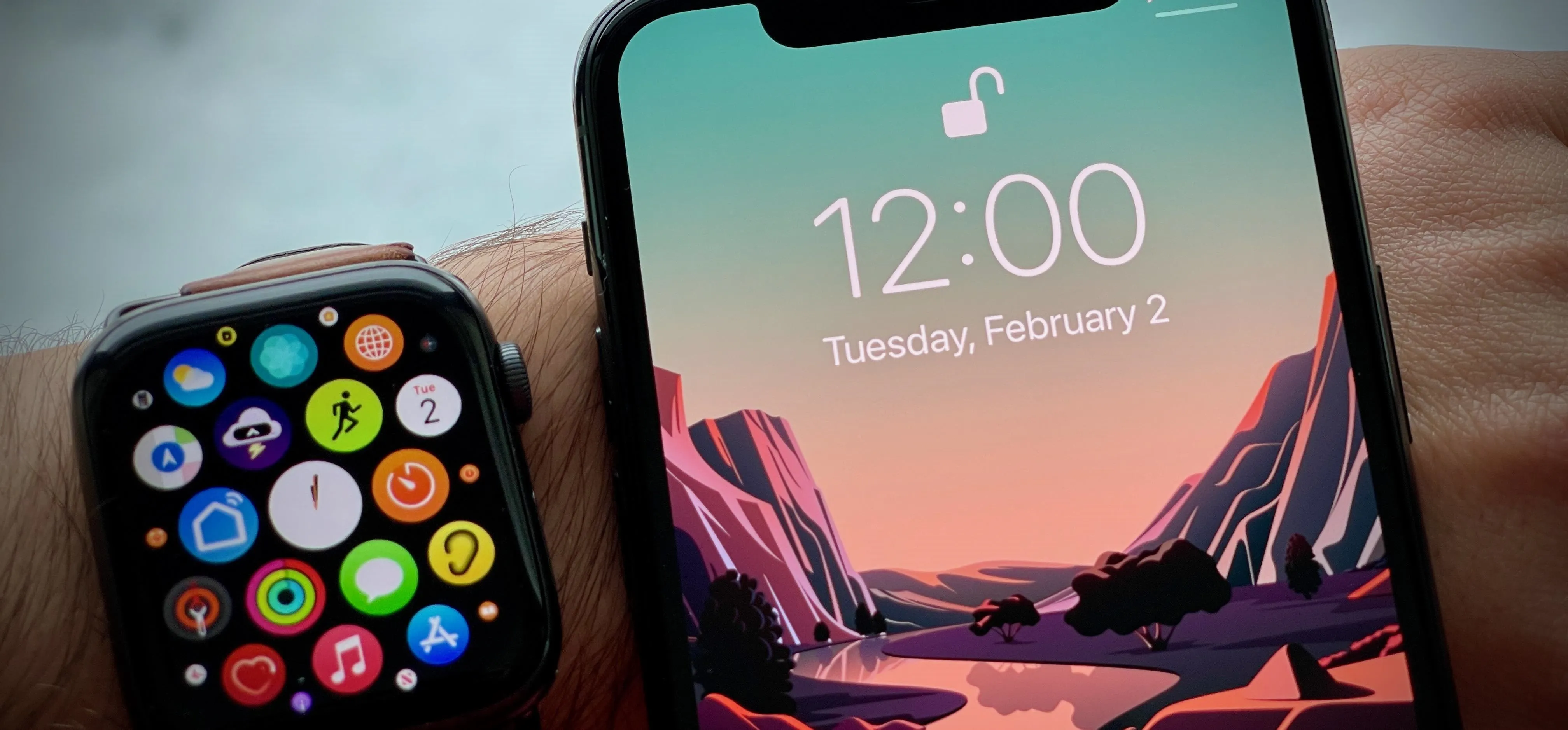
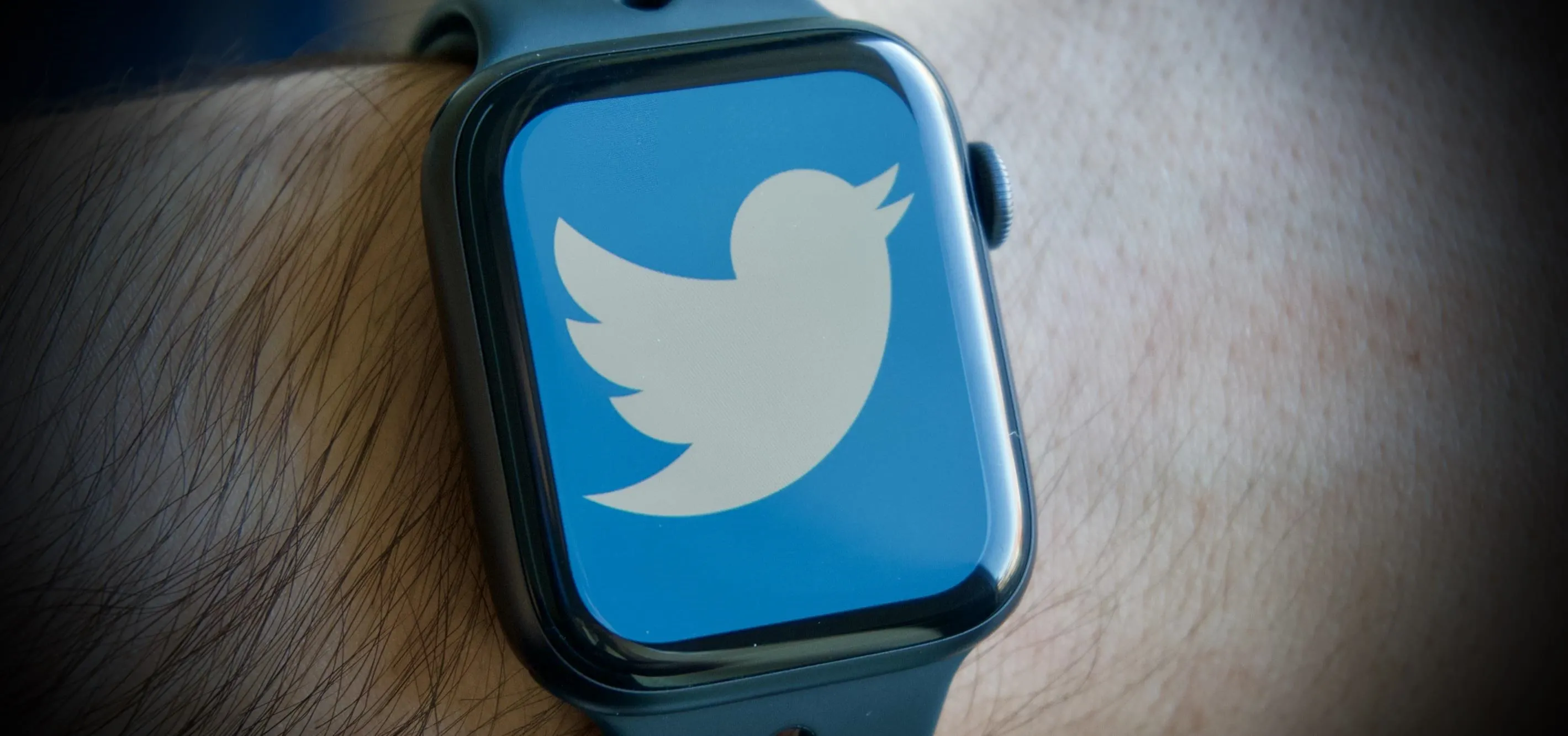
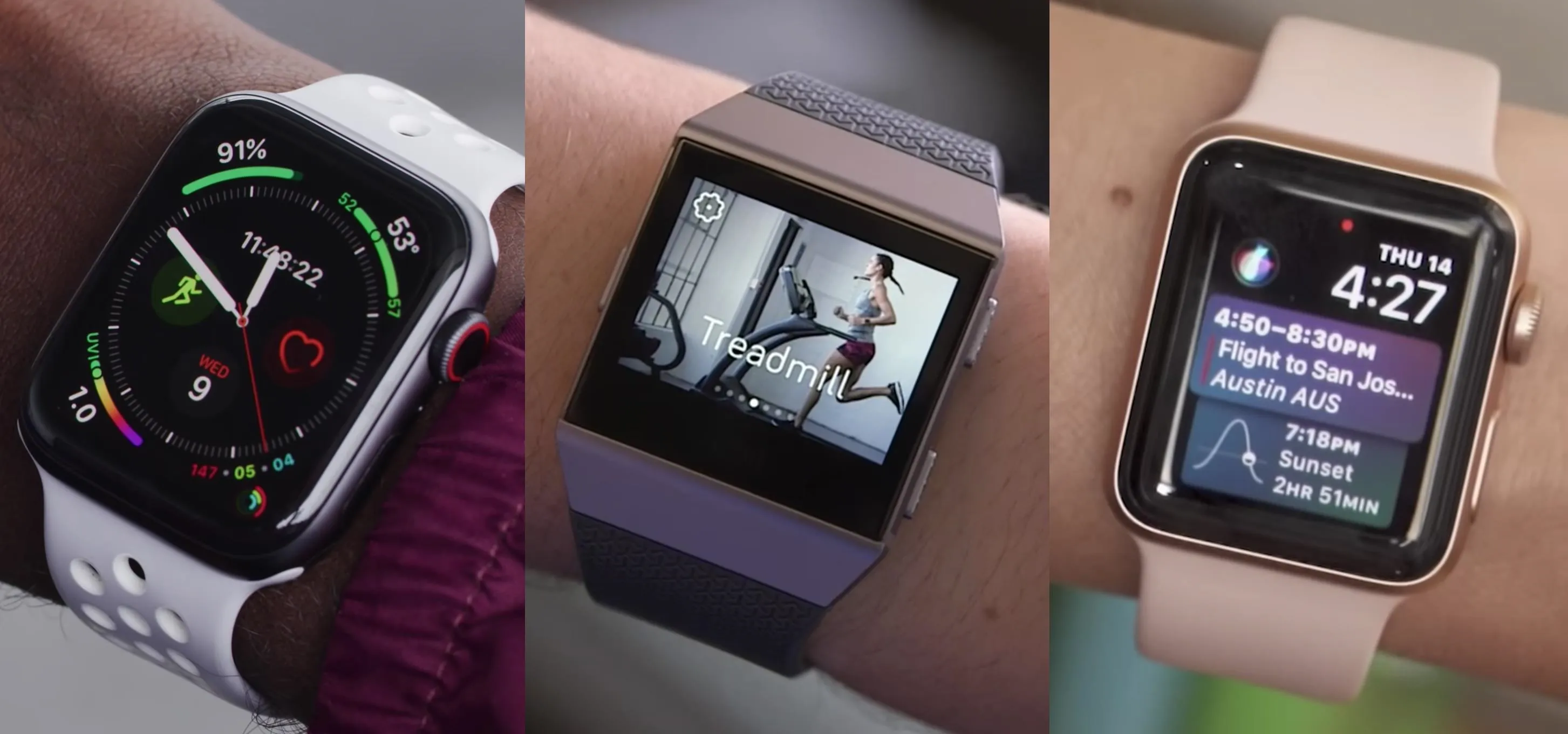
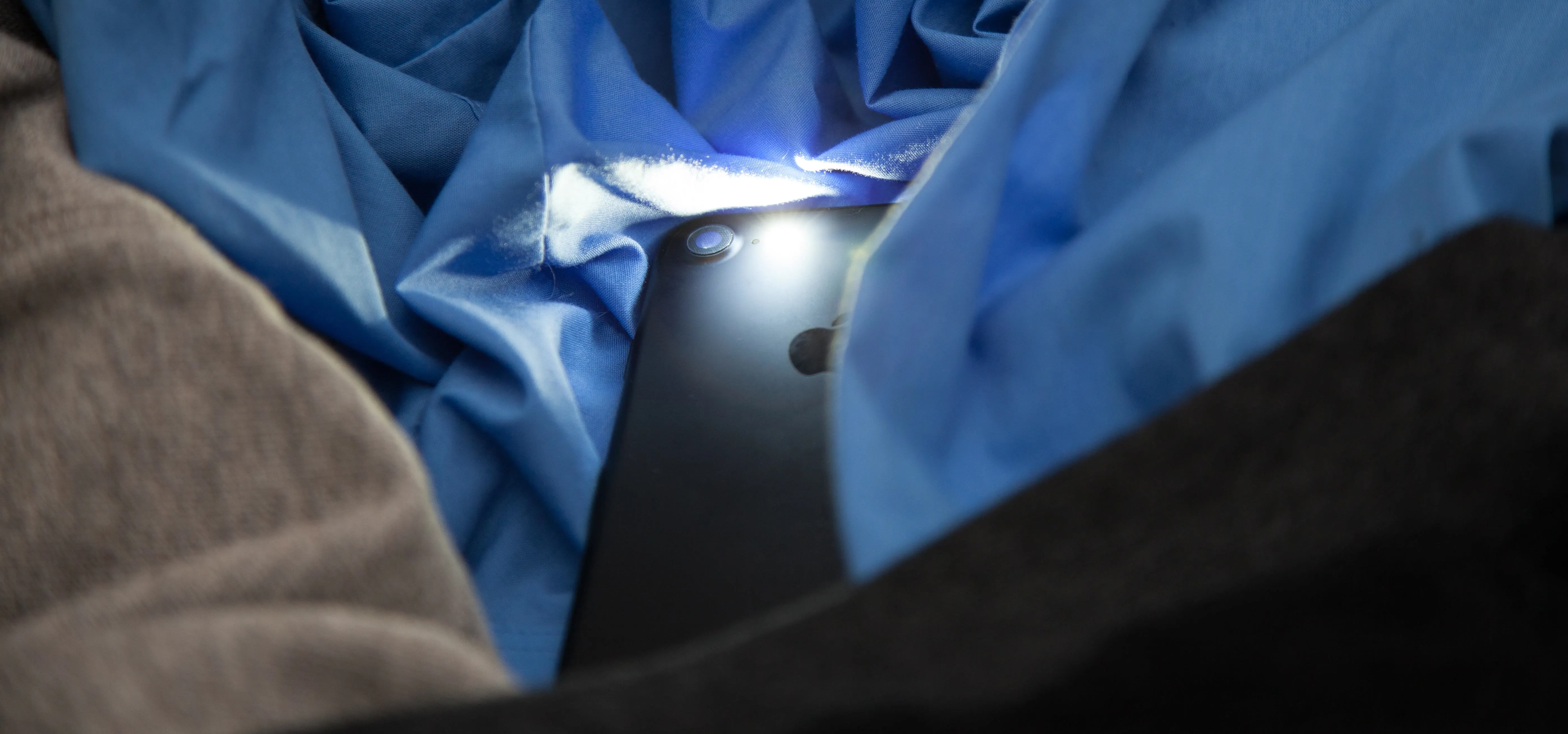
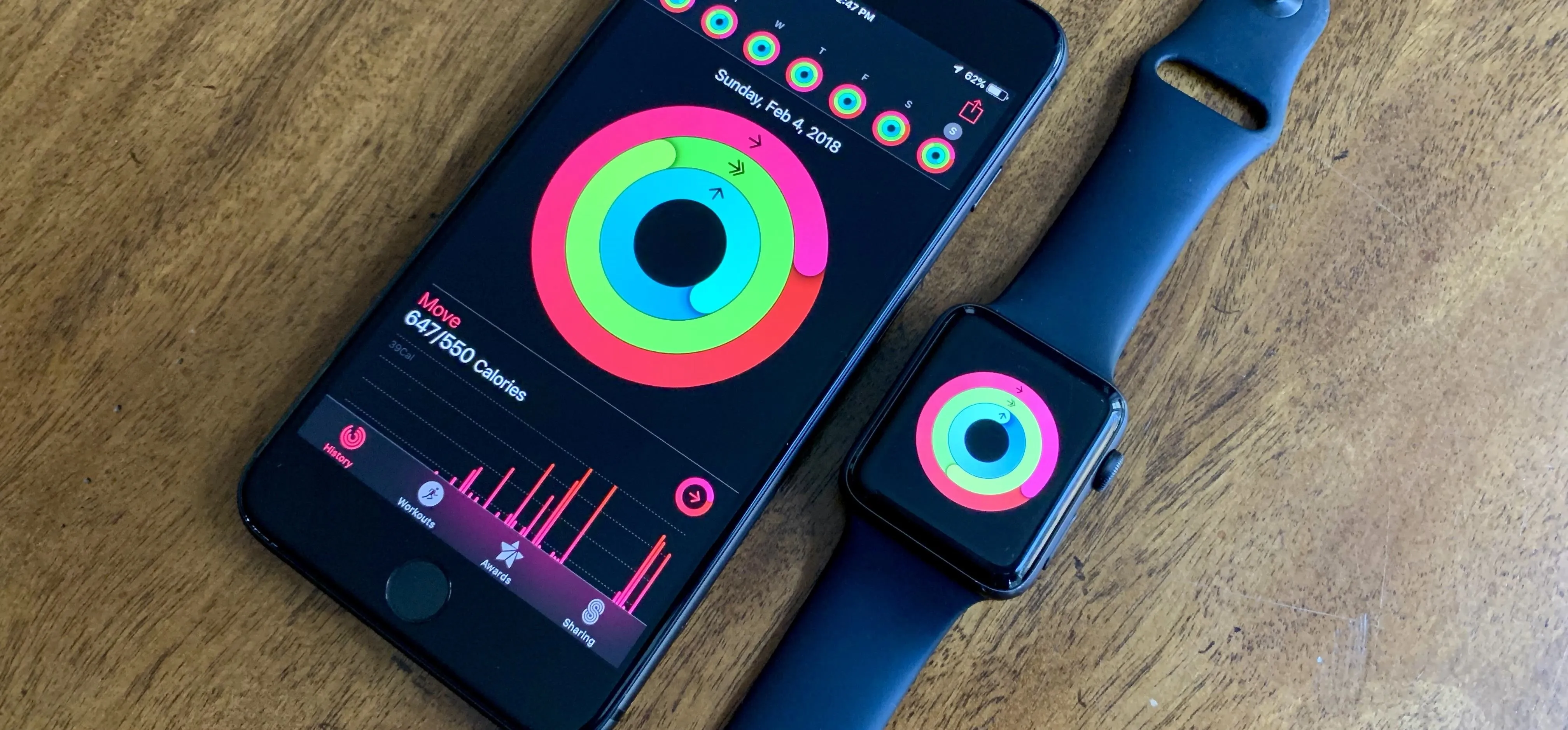
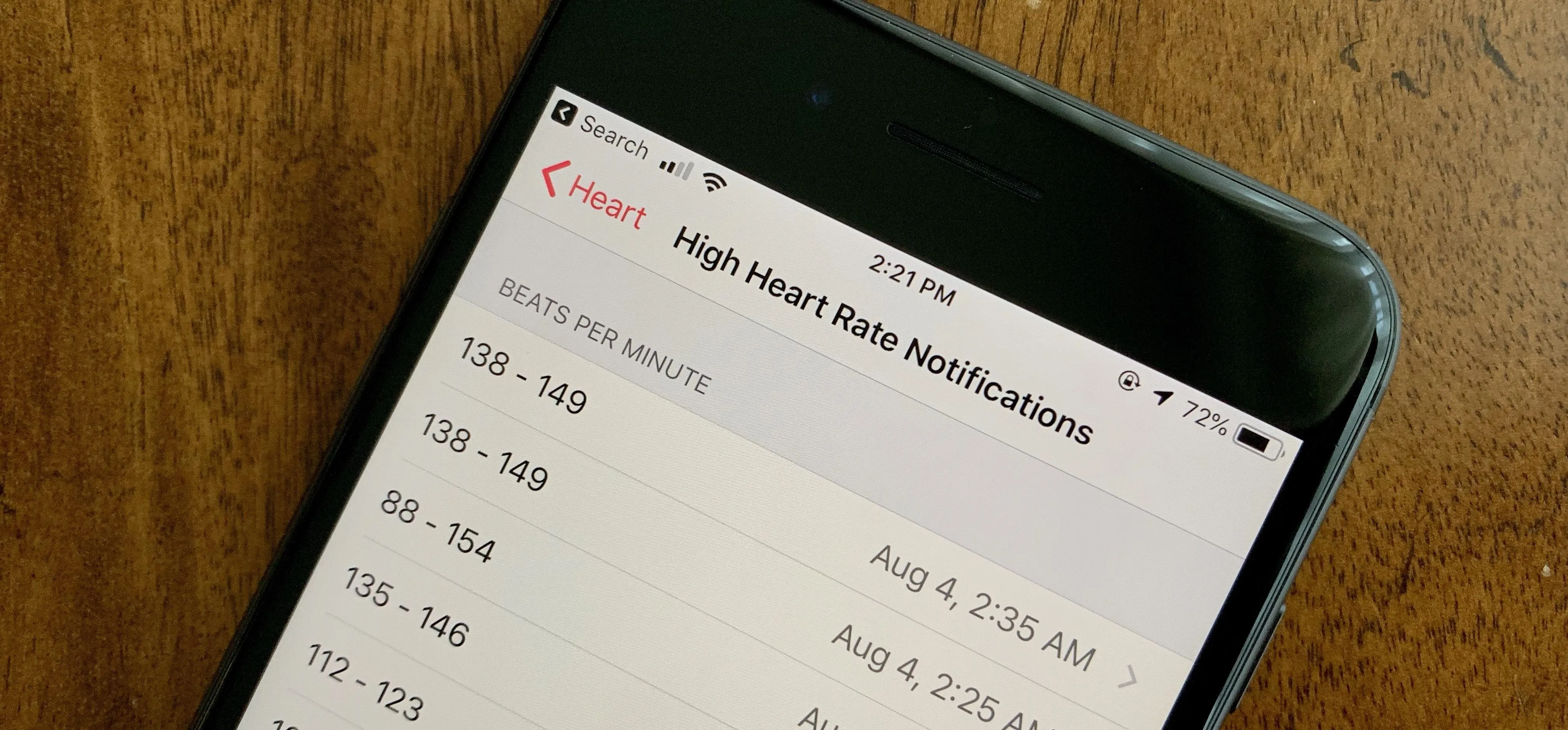
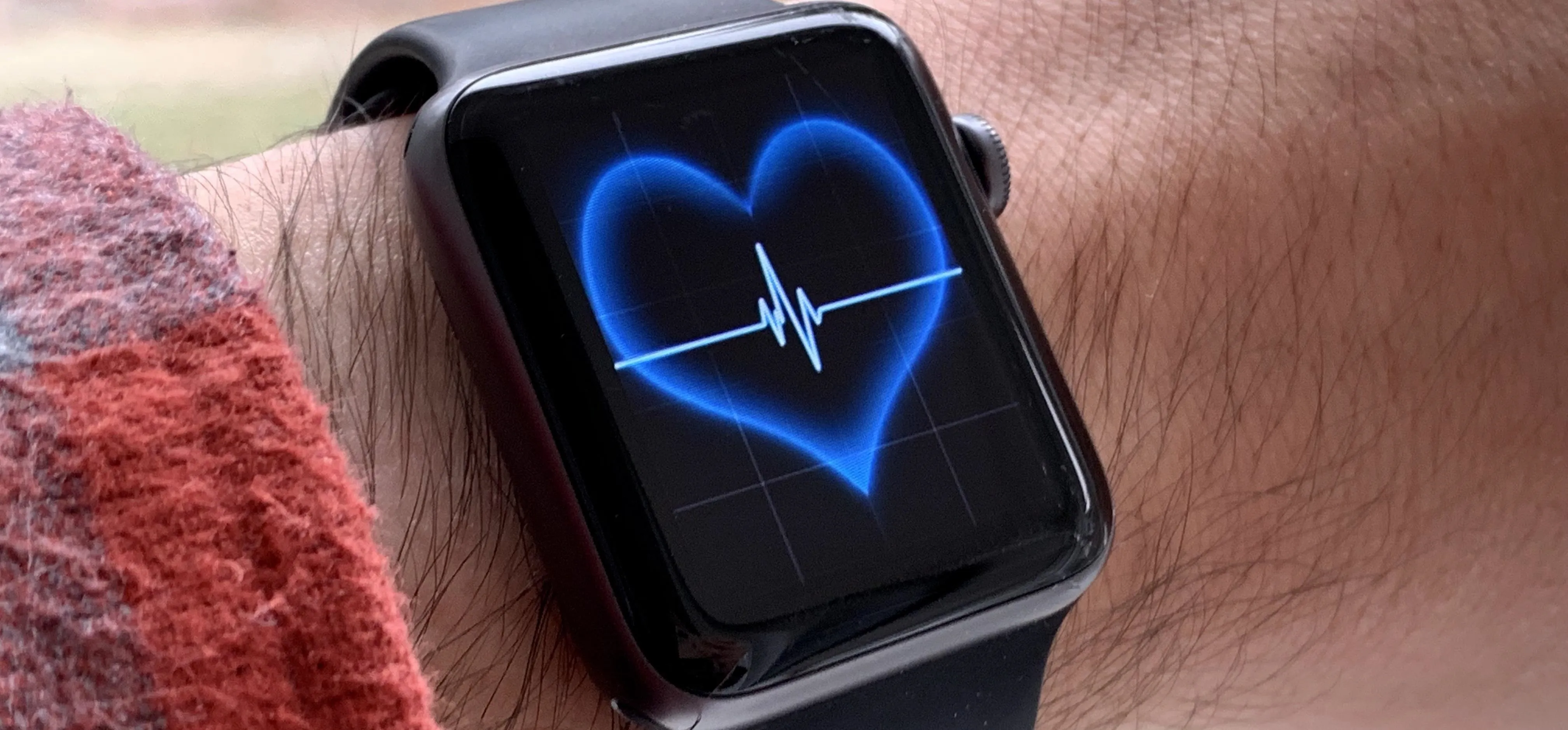
Comments
Be the first, drop a comment!